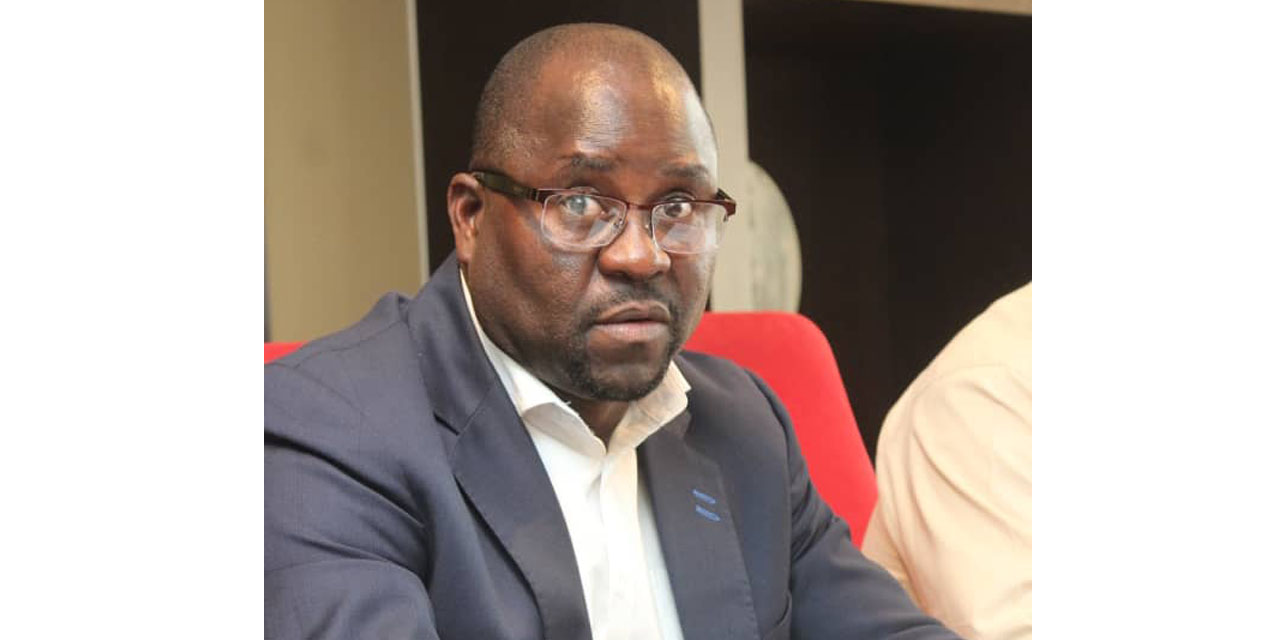Obrein Simasiku
Government has brokered a settlement of N$924 million with the Namibia National Teachers Union (NANTU) and Namibia Public Workers Union (NAPWU) thus averting a national strike that could have crippled the country’s economy.
The new offer saw an exponential increase from the government’s initial total offer totalling N334 million dollars that only covered transport and housing allowances. Under the revised which is about N$600 million more, the civil servants will see an across the board improvement of 3% in their basic salary. The increase did not bring delight in the mood of many workers and which will not bring much joy in their daily lives as well.
The close to a billion-dollar figure also comes 11% improvement in housing for employees below management level and 14% on transport allowance. This agreement comes into effect immediately and will be backdated to April this year.
In the negotiations that started beginning of 2021, the union initially wanted a nine percent increase in basic salary, and 10 percent for transport allowance, which was later revised to 7 percent increase on homeowners’ scheme for staff members and 14.5 percent housing benefits for non-management workers, while those in management would be entitled to 12 percent. In addition, 14 percent was proposed for non-managers as a transport benefit. Government at the time had offered 4.5 percent on housing and 10 percent on transport
“The initial amount of N$334 million was too little, not even near the inflation rate, so we could not settle for it resulting in the deadlock. We know the inflation and are mindful of the state of our economy, hence, we were able to reach a compromise,” said NAPWU general secretary Petrus Nevonga, when he announced the news of the breakthrough at State House this afternoon.
The strike was imminent after the parties failed to reach consensus, resulting in the two unions holding a secret strike ballot, during which the majority of the civil servants opted for industrial action. The elections took place last week, and this week government as an employer and the unions as representatives have been butting heads trying to get around the matter, as they thought to set out rules of the strike.
The outcome was that, out of 81 853 eligible voters only 43 794 cast their votes. 42 216 voted for Yes in favour of the strike representing 96 percent, 1232 voted against, while 346 votes were spoilt or rejected.
Fortunately, reason prevailed and the parties reached a compromise and the strike was averted.
The imminent strike even forced the Head of State, Hage Geingob, to abandon two overseas official visits to Jamaica and Cuba, which were scheduled for this week.
The process to be followed was that of setting the strike rules, while also trying to find an amicable solution to the dispute, and had this stage failed the union was going to give a 48-hour notice to government before the industrial action could kicked off.
Labour Expert Herbert Jauch said the strike was a ticking time bomb to the struggling economy, however the new agreement averted the worst. “On the part of the government it comes with consequences because it now has to source for funds by shuffling from other coffers, something which was not budgeted for,” he said, adding that the deliberations were tough and needed a compromise above anything else.
Secretary to Cabinet George Simataa said these were tough negotiations as government did not have money due to the economic downturn as result of Covid-19, drought and the global economy.
“When we got the letter first in January 2021, the demands were at N$3.5 billion for salaries and benefits, but we could not afford. We then engaged in negotiations leading to the set-up of the committee in October. The team was seized with the matter and had to investigate. The outcome was still even after the revision still at N$1.3 billion for salaries only, and an additional of N$334 million. But as govt we were still unable to agree because the economy was still not doing well,” said Simataa.
This means that the government has moved from zero increase in basic salary to about 600 million dollars and the unions moved down by seven hundred million from 1.3 billion.
Simataa, thanked President Geingob for his role in reaching an amicable solution. “We consulted heavily with the President, and he being a caring leader, he provided guidance and inputs, until such a point that we agreed on some figures.’’




